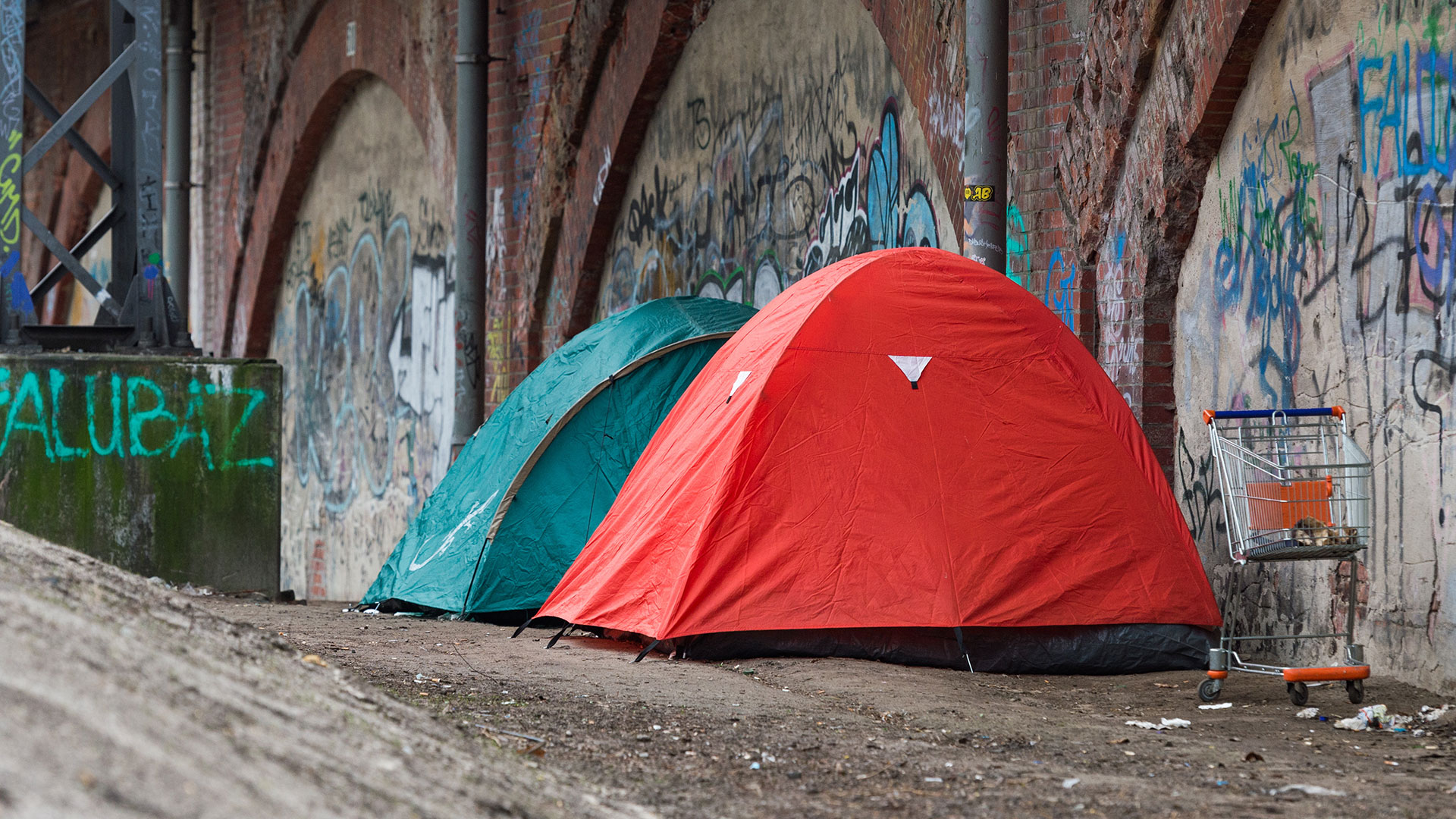“Back in March, the government rightly decided that night shelters and hostels were not a safe environment for people during the pandemic,” said Crisis chief executive John Sparkes. “It’s completely unacceptable that this approach should now change as we go into winter when the threat remains the same. We must not force people to choose between freezing on the street or a shelter, when both needlessly put lives at risk.”
The Government guidance advises against shelters that change venue each night due to the increased risk of transmitting Covid-19, but ‘static’ shelters with safety measures in place can meet local need.
“We are modifying our services in line with the guidance, but the number of people who will be able to find a space will undoubtedly fall far short of demand,” said Lucy Abraham.
Glass Door took in 829 people over the winter of 2019, but expects to provide half of that total this year due to the pandemic.
“We will do all we can to keep everyone safe while Covid-19 is still at large, but what will happen to all those who would normally find a space in a shelter run by faith groups or charities such as ours?
We must not force people to choose between freezing on the street or a shelter, when both needlessly put lives at risk
“This model will provide a safer and more stable emergency solution for someone who would otherwise be on the street, but it’s also more expensive.”
Advertising helps fund Big Issue’s mission to end poverty
Abraham also expressed concerns that restrictions on communal shelters could increase loneliness and make it more difficult for people to lift themselves out of homelessness.
The new guidance could also prevent people who can’t prove a local connection from seeking help from councils, the charity warned, putting people with no recourse to public funds at particular risk.
Crisis recommends moving people into single-room accommodation like hotels, and reiterated concerns that it is “completely unacceptable” that ministers have changed their advice on opening shelters, despite increasing Covid-19 cases.
Crisis chief executive Jon Sparkes said: “With temperatures dropping and coronavirus cases on the rise, this funding falls short of the bold action we need to keep people sleeping on our streets safe this winter.
“We urgently need the Government to see sense on this matter and keep winter night shelters closed. They must instead provide councils with the crucial funding they need to provide everyone forced to sleep rough with safe, self-contained accommodation, as they did in March. Anything but this is risking lives.”
Last week Crisis joined forces with the Royal College of Physicians, the Royal College of General Practitioners and more than a dozen other campaign groups to demand Government action that will save lives this winter.
Advertising helps fund Big Issue’s mission to end poverty
The experts are concerned that cold weather will trigger a rise in people in communal night shelters, meaning the “unprecedented efforts” of the Everyone In scheme – which saved 266 lives – must be repeated through the winter if rough sleepers are to be protected from both freezing temperatures and the coronavirus.
A Government spokesperson said: “We are working with councils, charities and other partners – backed by over £700 million of government funding this year alone – to protect vulnerable rough sleepers this winter, and provide longer term accommodation and tailored support as part of our commitment to end rough sleeping for good.
“The operating principles published today will help shelters open as safely as possible if required. We have been clear that night shelters should be used as a last resort, where self-contained accommodation isn’t available and where not providing a night shelter would endanger life. This is the responsible thing to do as we look ahead to the winter.”









